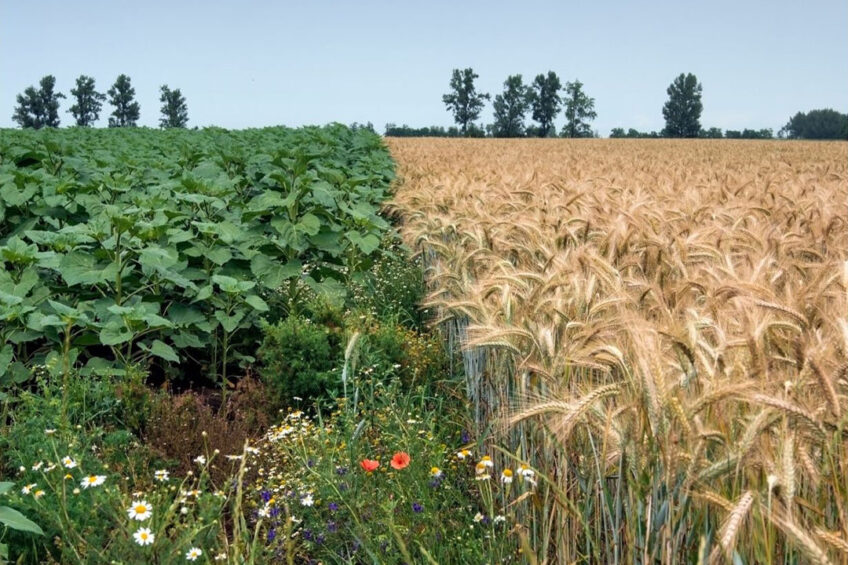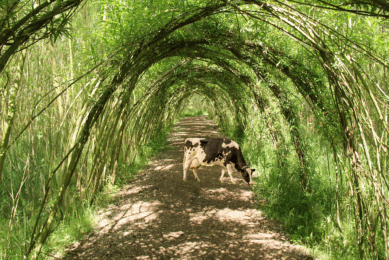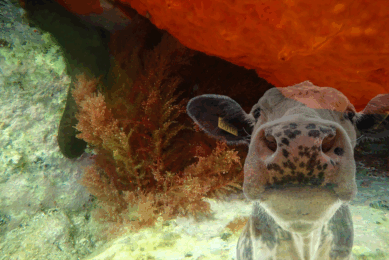Relocating grain crops could turn carbon emission’s clock back 20yrs

New map produced showing where the world’s major food crops should be grown to maximise yield and minimise environmental impact.
Scientists at the University of Cambridge say adopting such a policy would capture large amount of carbon, increase biodiversity and cut agricultural use of freshwater to zero.
The reimagined world map of agriculture includes large new farming areas for many major crops around the corn belt in mid-western USA, and below the Sahara. Huge areas of farmland in Europe and India would be restored to natural habitat.
Turning the global carbon emissions clock back by 20 years
Assuming the farming would be mechanised and high-input, the scientists say the redesign would cut the carbon impact of global croplands by 71%, by allowing land to revert to its natural, forested state. This is the equivalent of capturing 20 years’ worth of current net CO2 emissions.
In many places, cropland has replaced natural habitat that contained a lot of carbon and biodiversity.
In this optimised scenario the impact of crop production on the world’s biodiversity would be reduced by 87%, drastically reducing the extinction risk for many species. Croplands would quickly revert back to their natural state, often recovering their original carbon stocks and biodiversity within a few decades.
Eliminating the need for irrigation
The redesign would eliminate the need for irrigation altogether; by growing crops in places where rainfall provides all the water they need to grow. Agriculture is currently responsible for around 70% of global freshwater use, and this causes drinking water shortages in many drier parts of the world.
Researchers looked at growing areas of 25 major crops
The researchers used global maps of the current growing areas of 25 major crops, including wheat, barley and soybean, which together account for over ¾ of croplands worldwide. They developed a mathematical model to look at all possible ways to distribute this cropland across the globe, while maintaining overall production levels for each crop, allowing them to identify the option with the lowest environmental impact.
Lead report author Dr Robert Beyer, former researcher at the university’s Department of Zoology, said: “In many places, cropland has replaced natural habitat that contained a lot of carbon and biodiversity – and crops don’t even grow very well there. If we let these places regenerate, and moved production to better suited areas, we would see environmental benefits very quickly.”
Option 2: Relocating within national boarders
While a complete global relocation is a step too far, taking a paired down approach and only redistributing croplands within national borders would still result in significant benefits: global carbon impact would be reduced by 59% and biodiversity impact would be 77% lower than at present.
Option 3: Relocating worst-offending crops
A third, even more realistic option of only relocating the worst-offending 25% of croplands nationally would still result in half of the benefits of optimally moving all croplands.
The study finds that the optimal distribution of croplands will change very little until the end of the century, irrespective of the specific ways in which the climate might change.
Senior report author Professor Andrea Manica said: “Optimal cropping locations are no moving target. Areas where environmental footprints would be low and crop yields high, for the current climate will largely remain optimal in the future.”
The researchers say set-aside schemes that give farmers incentives to retire part of their land for environmental benefits and financial rewards for producers could help.
Funded by the European Research Council, the study is published in the journal Nature Communications Earth and Environment –











